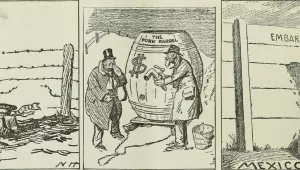
Median pay growth has been abysmal over recent decades: It rose only 12 percent between 1973 and 2015 while productivity rose by 73 percent. This stark fact highlighted in Figure 1 has led some to ask the question: Does productivity growth still benefit typical American workers?
Harold Meyerson, for example, wrote in American Prospect in 2014 that “for the vast majority of American workers, the link between their productivity and their compensation no longer exists.” The Economist wrote in 2013 that “unless you are rich, GDP growth isn't doing much to raise your income anymore.” Jared Bernstein wrote in 2015 that “Faster productivity growth would be great. I’m just not at all sure we can count on it to lift middle-class incomes.”
It’s clear that over the past 40 years, the productivity growth we experienced was not enough on its own to generate substantial pay growth for typical Americans. But this does not necessarily mean that productivity no longer affects pay, and the distinction matters for policy. It could indeed be the case that typical workers’ pay is not much affected by productivity growth and instead determined by other factors. This would imply that policy seeking to raise living standards should focus primarily on equity issues rather than productivity, at least in the short term. On the other hand it could be the case that productivity growth acts to lift typical workers’ pay even as other factors — like declining worker bargaining power, technological change or globalization — are acting to suppress it. Under this view, even in the presence of these other factors contributing to inequality, typical workers would be better off with higher productivity growth than without it.
Summers, Lawrence and Anna Stansbury. “Productivity Still Matters for Worker Paychecks.” The Washington Post, November 17, 2017




